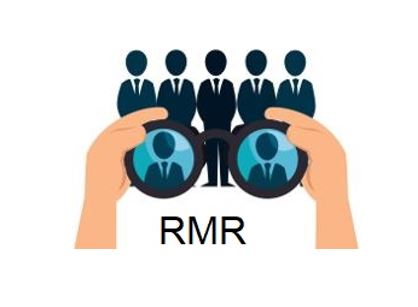Welding engineers play a crucial role in ensuring that welding processes are efficient, safe, and effective. Their responsibilities can vary depending on the industry and specific job, but generally include the following:
Key Responsibilities:
- Design and Development:Develop welding processes and procedures for new and existing products.
Design and select welding fixtures and tooling.
Develop and implement welding standards and quality assurance processes.
- Process Optimization:Analyze welding processes to identify improvements and efficiencies.
Troubleshoot and resolve welding-related issues.
Optimize welding parameters and techniques for various materials.
- Quality Control:Ensure welding processes meet industry standards and specifications.
Conduct inspections and tests to verify weld quality and integrity.
Implement and oversee quality control measures and corrective actions.
- Technical Support:Provide technical support and guidance to welding operators and technicians.
Train personnel on welding techniques, safety practices, and equipment usage.
- Project Management:Plan and manage welding projects, including timelines, resources, and budgets.
Collaborate with other engineering teams, project managers, and stakeholders.
- Safety and Compliance:Ensure welding operations comply with safety regulations and industry standards.
Develop and enforce safety protocols and procedures for welding operations.
- Documentation and Reporting:Maintain detailed records of welding procedures, tests, and inspections.
Prepare and present reports on welding performance, quality, and improvements.
- Material Selection:Assist in selecting appropriate welding materials and consumables.
Evaluate and recommend materials based on performance, cost, and application.
- Research and Development:Stay updated with advancements in welding technologies and techniques.
Conduct research and development to integrate new welding technologies.
Skills and Qualifications:
- Technical Expertise:Proficiency in various welding techniques (MIG, TIG, Stick, etc.).
Knowledge of welding equipment and materials.
- Problem-Solving:Strong analytical and troubleshooting skills.
Ability to diagnose and resolve welding-related issues effectively.
- Attention to Detail:Keen eye for precision and quality in welding work.
- Communication:Excellent written and verbal communication skills.
Ability to explain technical concepts to non-engineering personnel.
- Project Management:Strong organizational and project management skills.
Ability to handle multiple projects and deadlines simultaneously.
- Safety Awareness:Deep understanding of safety regulations and best practices in welding.
- Education and Experience:A degree in Welding Engineering, Mechanical Engineering, or a related field is typically required.
Relevant certifications (e.g., Certified Welding Engineer) and experience in welding or manufacturing are often preferred.
Welding engineers are integral to ensuring that welding operations are performed efficiently, safely, and to the highest standards of quality. Their expertise is vital in industries such as manufacturing, construction, aerospace, and automotive.





